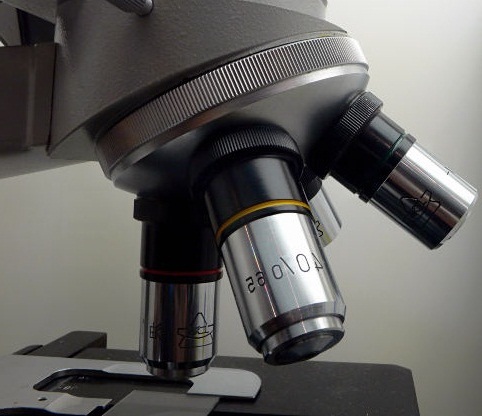Τι διαβάζουν άλλοι χρήστες τώρα

H έγκυρη θεραπεία των δυσκινησιών
Οι δυσκινησίες, είτε πρόκειται για «πρώϊμη» ή για «καθυστερημένη» μορφή, όπως έχουμε παρατηρήσει στη Βιονευρολογική, θέλουν μια άμεση θεραπευτική επέμβαση μετά τη διάγνωση τους Περισσότερα...
The concentration of lipoproteins of diabetic patients type II, in relation with the ECG transformation
This study concerns the concentration of lipoproteins, with diabetes mellitus type II, with or without electrocardiogramic alterations. Περισσότερα...
Η λειτουργία της ενσυναίσθησης
Η ενσυναίσθηση είναι η δυνατότητα του ατόμου όχι μόνο της κατανόησης αλλά και της ενσυναίσθησης του γεγονότος Περισσότερα...Παρακολουθούν τώρα*
ΦΟΒΙΕΣ ΚΑΙ ΠΑΝΙΚΟΣ (1 από 3)
*Ο Δρ. Δημήτρης Κουντούρης έχει συμμετάσχει σε πολλές τηλεοπτικές εκπομπές σαν ειδικός επιστημονικός σύμβουλος επί θεμάτων Νευρολογίας και Ψυχιατρικής.
Για πλήρη λίστα των τηλεοπτικών εκπομπών μπορείτε να επισκεφτείτε και το κανάλι μας στο YouTube: Neurology Channel
